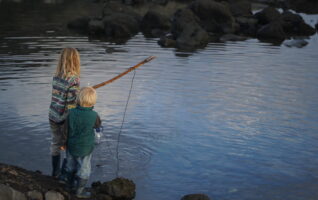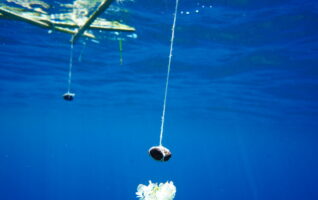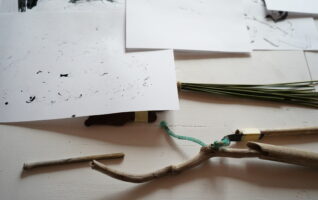Six points for staying in the ocean, 2025
We present you with six points that we try to be aware of when we are on the ocean. These points help to navigate the ever-changing and dynamic environment of the ocean.
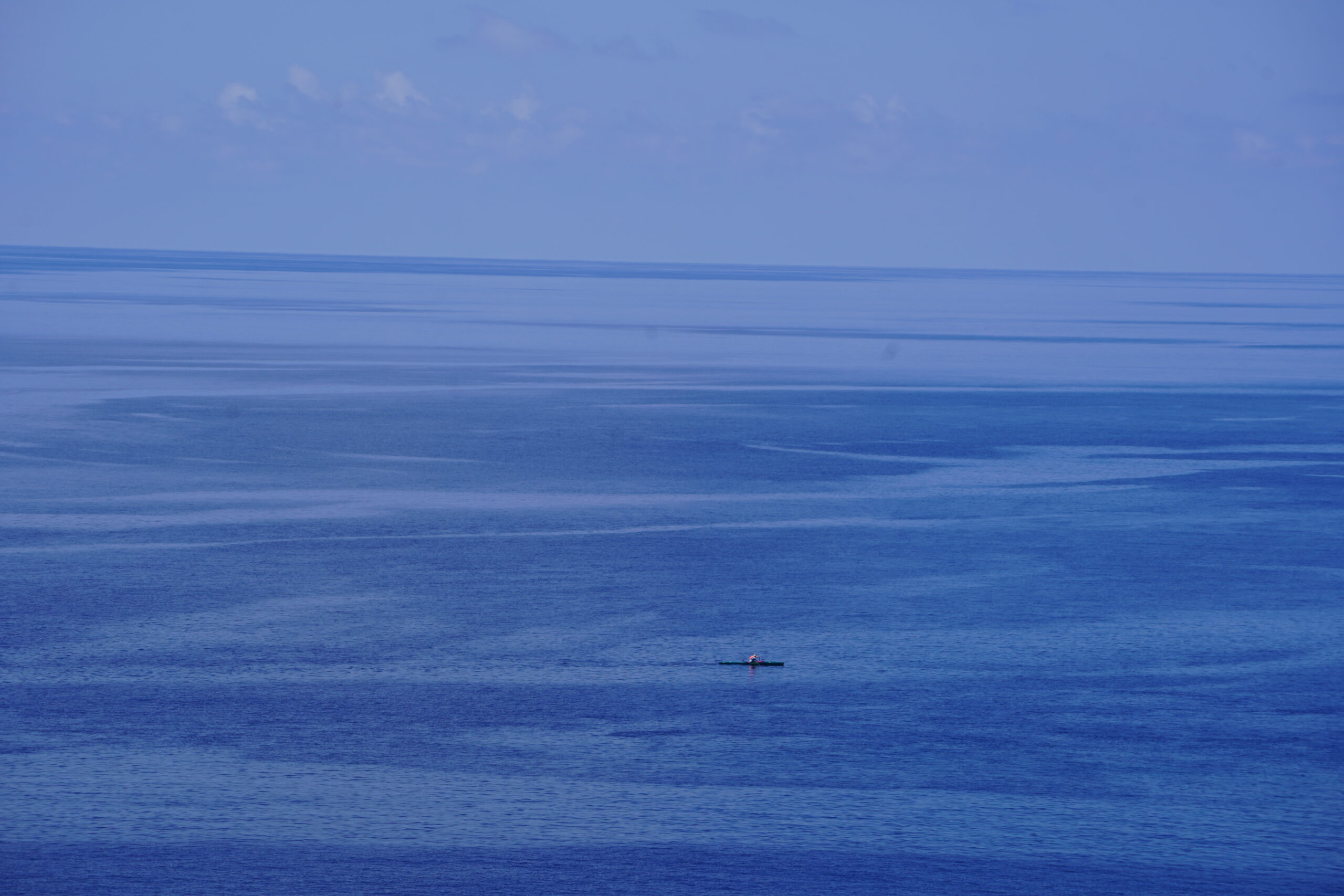 photo © Sea-Water Amplification (SWA) Atlantic Ocean Azores 2025
photo © Sea-Water Amplification (SWA) Atlantic Ocean Azores 2025
- 1. Reading the signs: It involves the direct perception of reality. Recognizing what is really happening. This point discusses the importance of engagement, openness and awareness of the world around us.
- Different areas have their own system of signs. Part of that is making the right decisions. Everything revolves around the responsibility for the welfare of the crew and the ship. What we think about creates how we perceive the world and interpret the data we receive. It’s a process of connecting and seeing relationships in relation to the whole system. Not just fragments of data.
- Perception is gained by opening yourself up to the natural world with your whole body.
- During the voyage, you have time to absorb the information around you and process it. It means that variations we see in the ocean environment become part of that knowledge, too.
- Don’t think, just look.
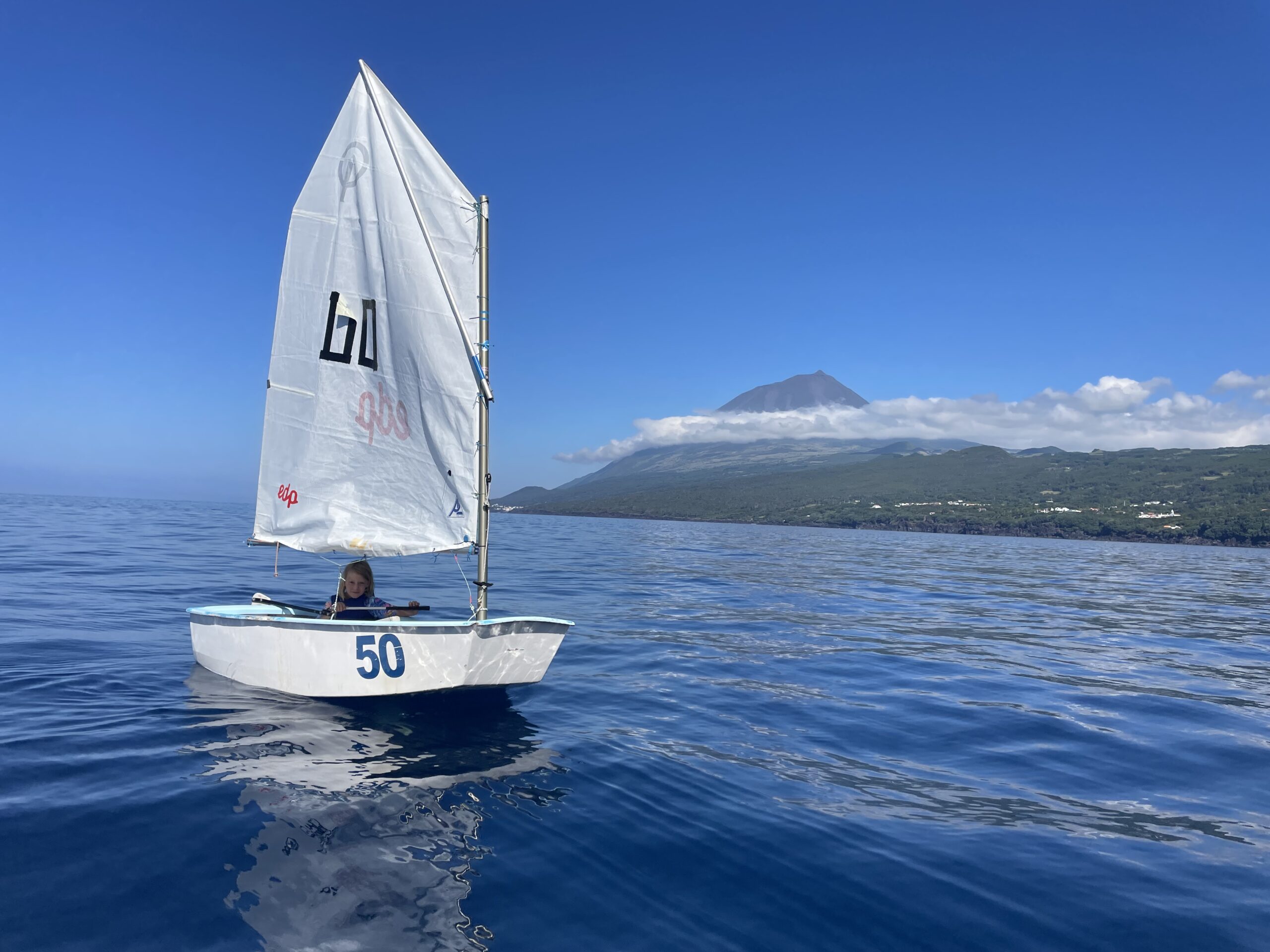 photo © Sea-Water Amplification (SWA) Atlantic Ocean Azores 2025
photo © Sea-Water Amplification (SWA) Atlantic Ocean Azores 2025
- 2. Transition from stillness: It refers to how we approach our tasks, activities and challenges. It contains a great deal of awareness, attention and listening. Settling within a feeling.
- On board, it is essential that everyone acts from stillness, not from a rash reaction, agitation, distraction or fixation.
- Items 1 and 2 improve perception; when we act in this way, we can see sharper and penetrate much deeper and realise what we have not noticed before. Not in a stiff way, but rather in a relaxed way.
- Everyone on board should cultivate these qualities within themselves.
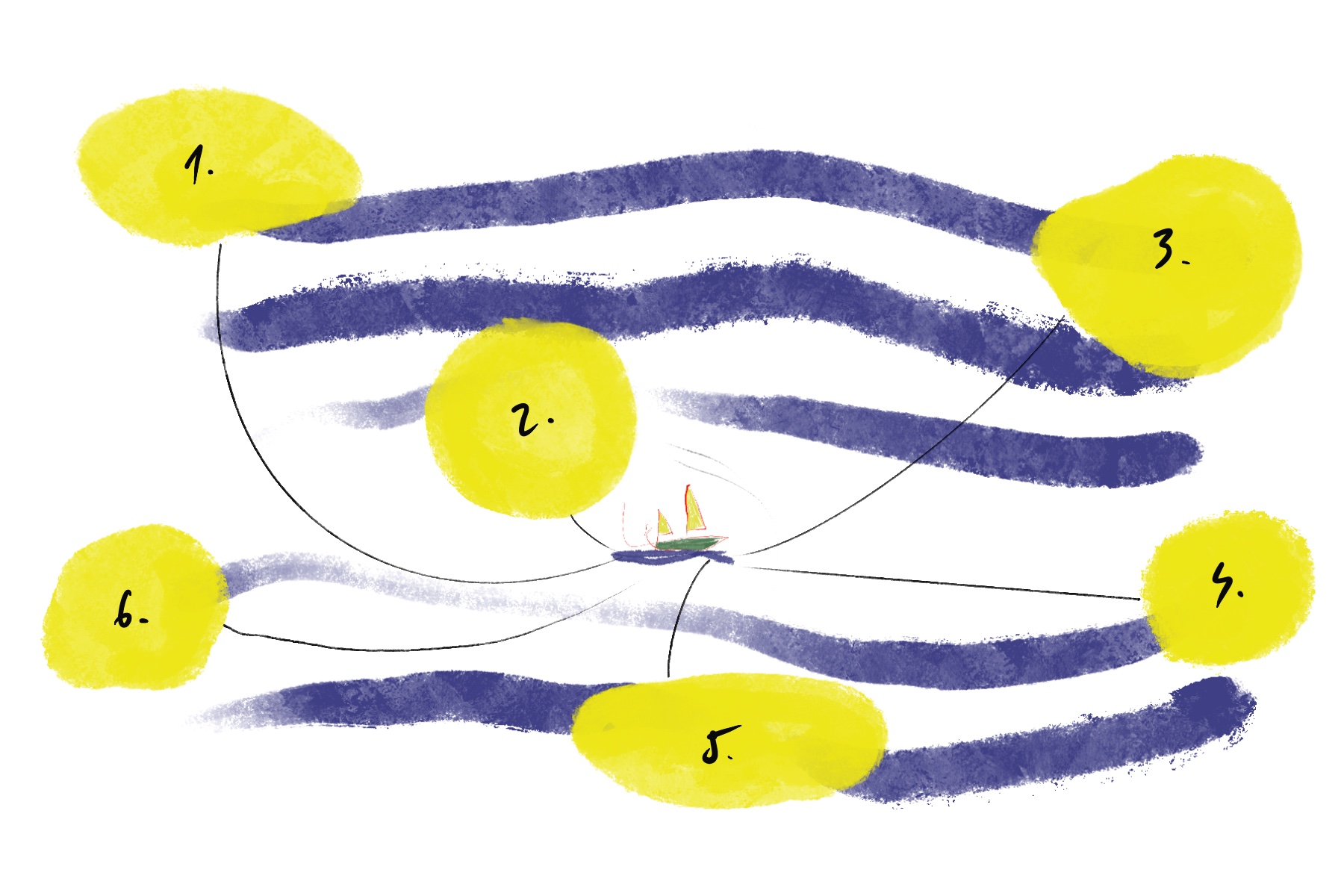
- 3. Active listening: Expands the theme of coherence of thinking and emphasizes the importance of fine tuning to the subtle shifts and differences of the dynamic interface of the ocean. There is a need to constantly review what you see and feel.
- These embodied practices help to deepen our attention by directly engaging in active listening and intuitive, embodied modes of cognition, both on an individual and a collective basis.
- We focus on the process, not on the goal.
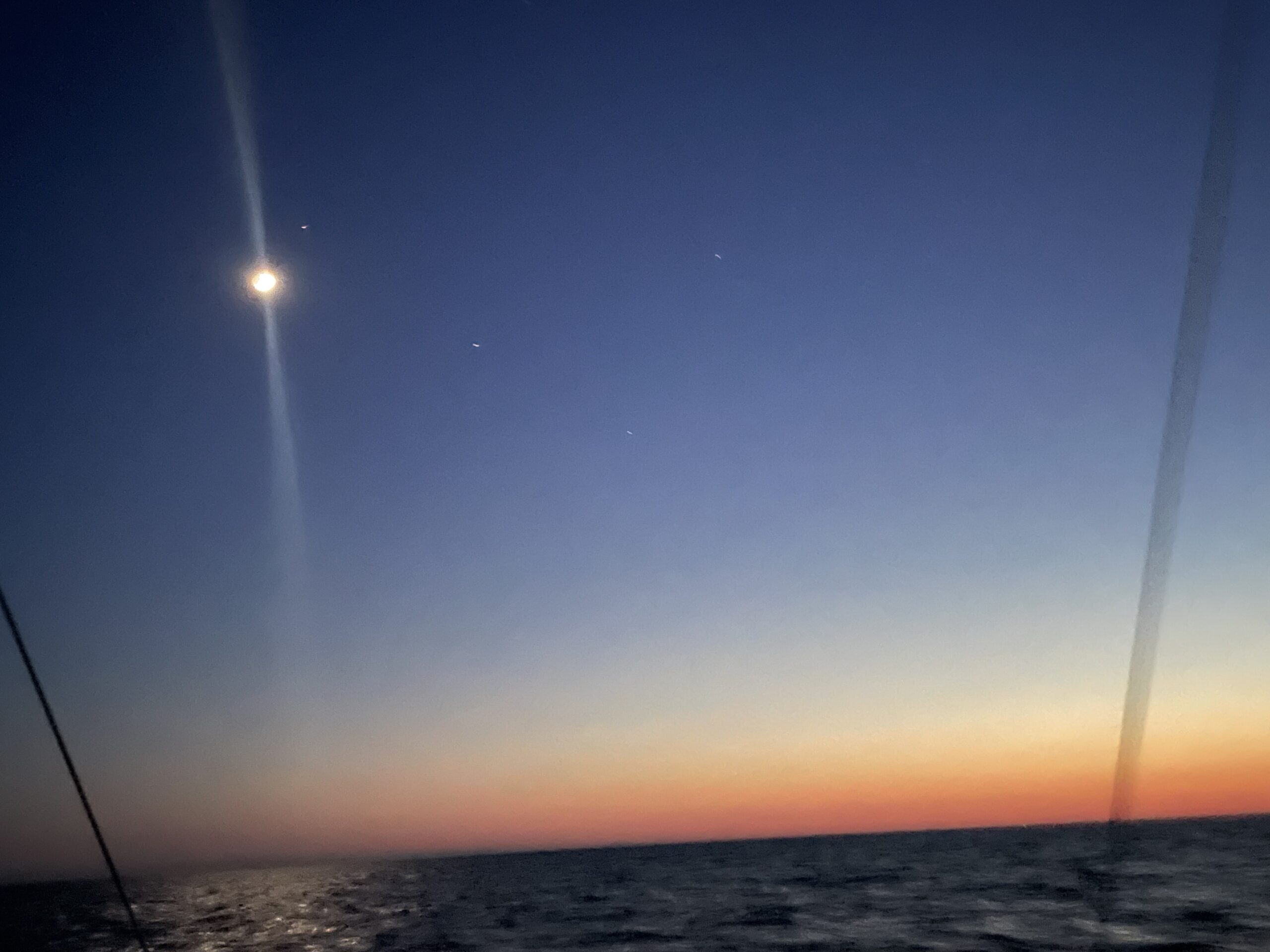 photo © Sea-Water Amplification (SWA) Mediterranean Sea 2025
photo © Sea-Water Amplification (SWA) Mediterranean Sea 2025
- 4. Adapting to change: It discusses our own / personal organization in relationship to change. It is true for many of us, that if we don’t know our position, we assume we’re lost. There’s a pervasive sense that we need to know where we are all the time. But when we read the signs, we become more adaptable to change, we see more possibilities than at the beginning. But traveling shows us that there is a way of life with change, with uncertainty and with the unknown that can be rejuvenating and not exhausting. The traveler thus enters directly into the eye of change. Travel thus focuses on the journey itself in a world of change and movement.
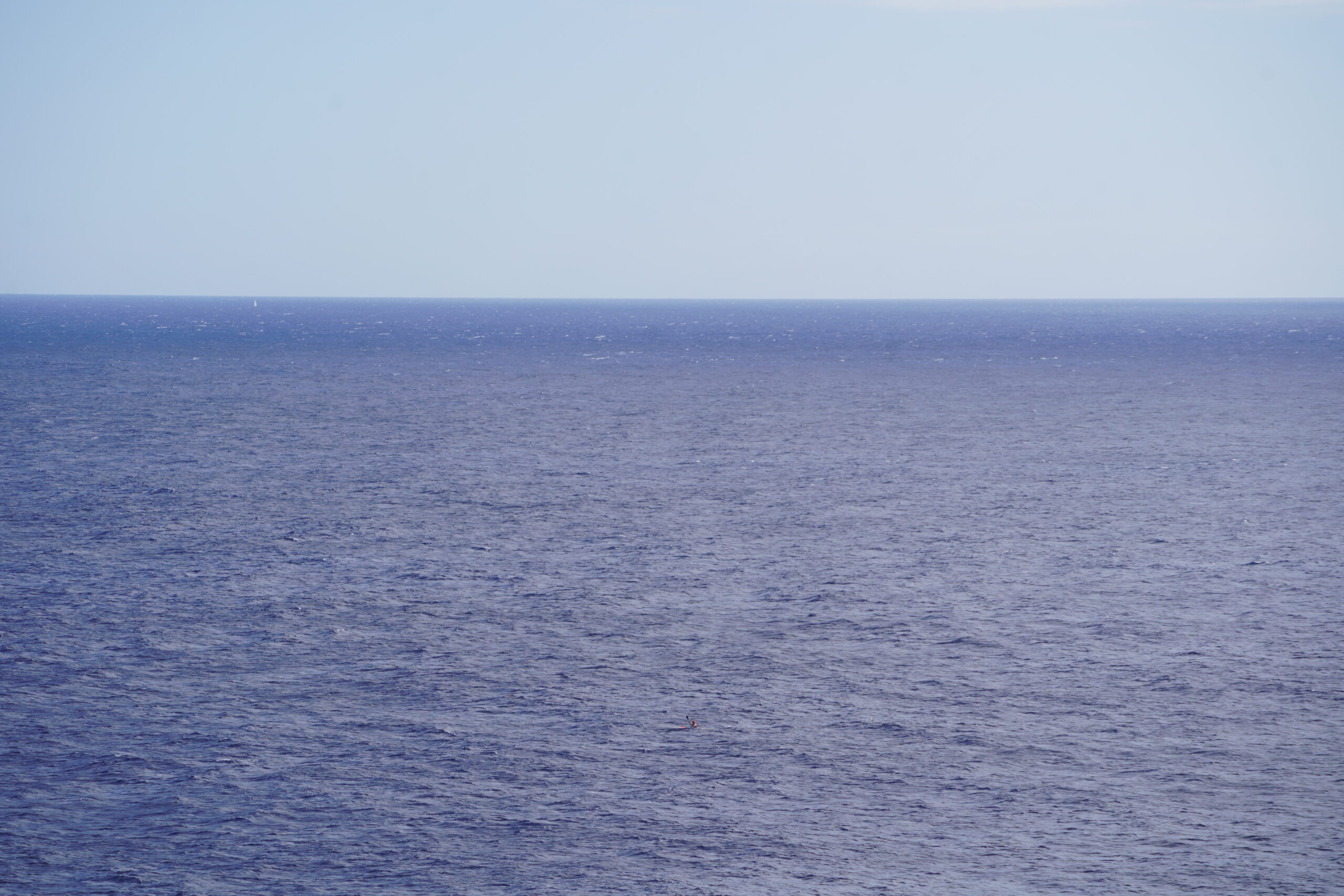 photo © Sea-Water Amplification (SWA) Atlantic Ocean Azores 2025
photo © Sea-Water Amplification (SWA) Atlantic Ocean Azores 2025
- 5. Learning by doing: It emphasizes the importance of embodied knowledge and engagement, gaining experience and mutual learning. In this case, ocean travel may not be affected by the voyage itself, but it should also have an impact on the ocean itself and ecology.
- It is important to remember how our experience of the ocean environment transcends our ouselves. We are always in relation to the place we are immersed in. The emphasis is on learning by doing and then continually testing and refining that knowledge.
- The captain continually helps the crew learn by asking them to consider and think through the possibilities. What would happen if we tried this?
 photo © Sea-Water Amplification (SWA) Mediterranean Sea 2025
photo © Sea-Water Amplification (SWA) Mediterranean Sea 2025
- 6. In awe and respect: Last but not least, it’s about the courage to take action. Invoking inner strength during challenging times.
- One of the hardest things is having a crew you didn’t choose. Until the last moment, you think you have capable people around you until they’re tested. The crew can get seasick. They can be soaked to the bone, full of worry, etc. It’s important to work with human nature. People often try to bend everything to their will. But if we step back and really focus on interacting with the whole, then everything works better.
- When you are vigilant, you can see something coming, that shouldn’t be there: a ship, a container, a wave coming from the side that appears out of nowhere. An earthquake that sends a surge through an ocean. At night, though, sometimes these things can’t be seen until they are right above us. If, during the voyage, you believe in your vessel as in your world, you will protect it with all vigilance.
- Getting to these remote and inaccessible places brings a sense of great success and joy. Calling for adventure without exception means being constantly confronted with phenomena that can be both frightening and full of glamour. Studies show that people who feel awe tend to be collectively oriented seeing themselves as part of something bigger. It brings them closer to their own authentic meaning of life.
- Instead of rushing, we move purposefully and clearly. The experience of awe brings us to the present and our perception of time changes.

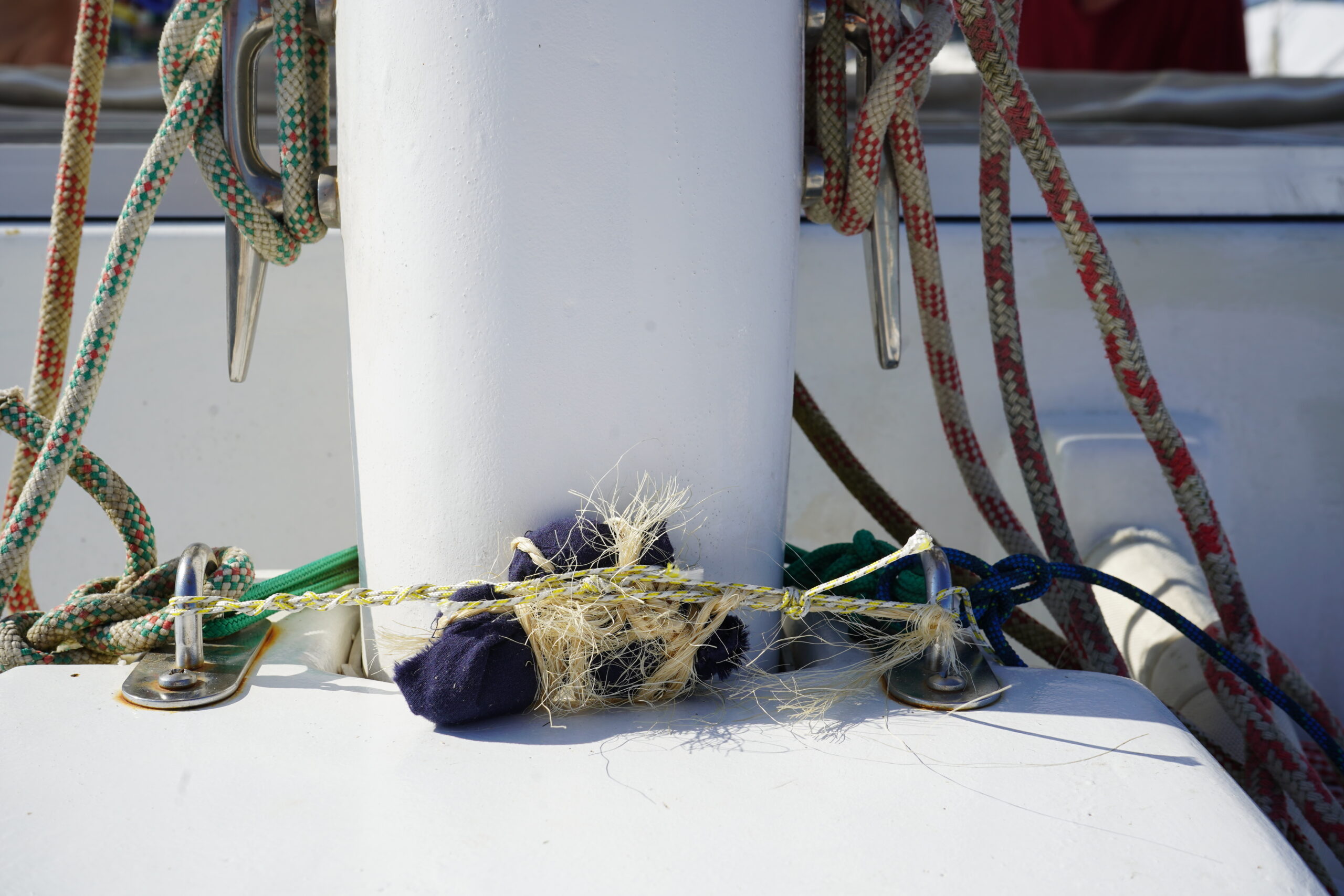 photo © Sea-Water Amplification (SWA) Mediterranean Sea, Atlantic Ocean 2025
photo © Sea-Water Amplification (SWA) Mediterranean Sea, Atlantic Ocean 2025